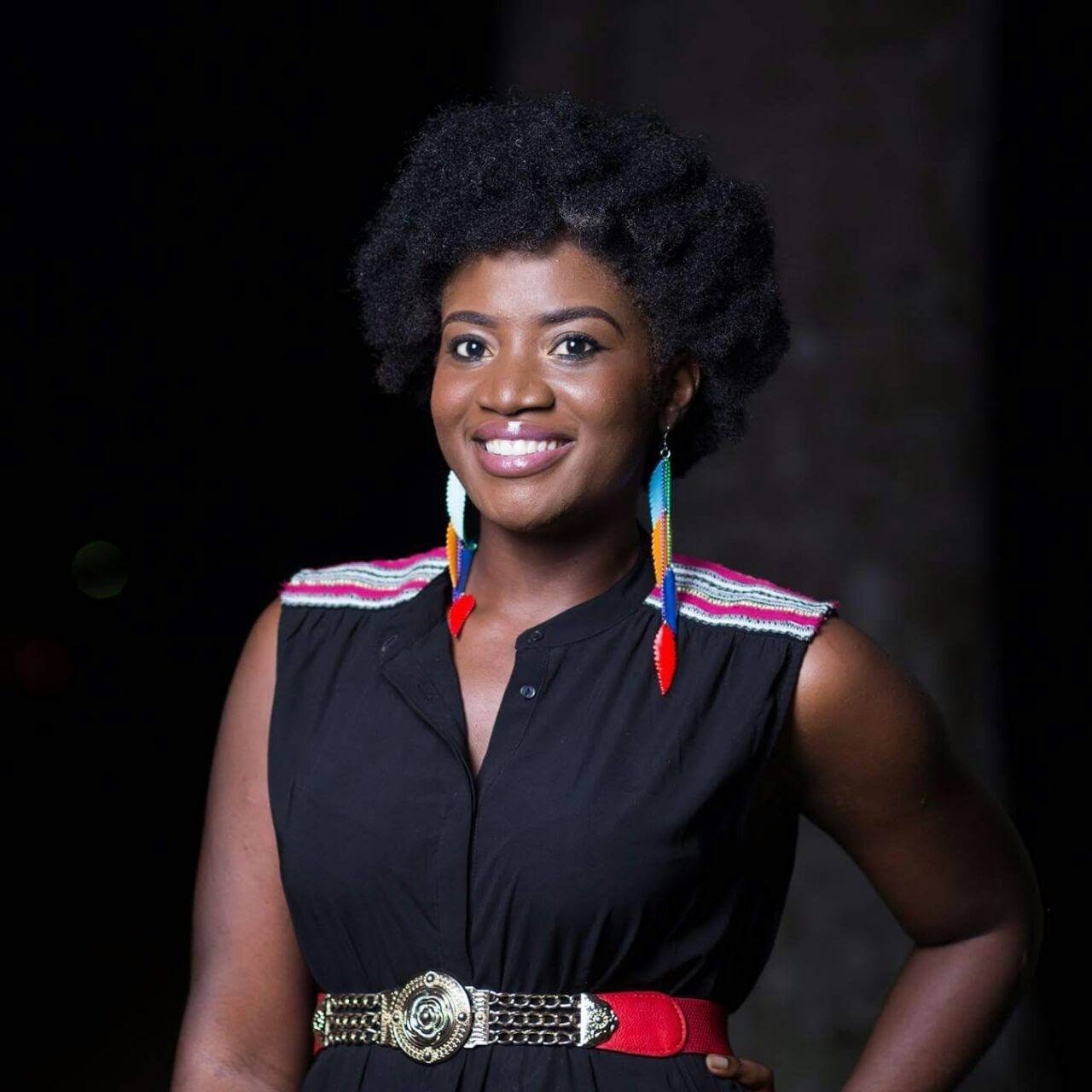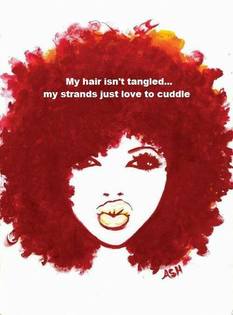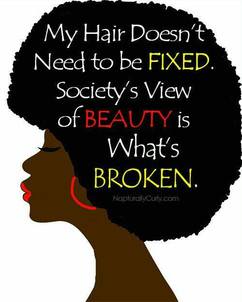Africans and people of African descent have natural or afro-textured hair. For generations, Black and people of Afro- descent have been demeaned for having nappy, or woolly like hair. The term “nappy” was used to describe natural hair since the days of slave trading. It took on a derogatory meaning when it was used to differentiate between natural hair and European hair. Today many Afro- textured hair people refer to their own hair as nappy because that is just how it grows from their scalp and to reverse the negativity associated with nappy. A movement was reborn.
The natural hair movement has been around for decades but gained recognition in the late 2000s in America. The movement is aimed at encouraging women with African ancestry to celebrate and be proud of the natural characteristics of their kinky, curly, hair texture. African American women ditched the use of chemicals that altered their authentic hair texture, many women around the globe then did same with time. The appreciation for afro-textured hair gained great momentum.
....................................................................
Some people see the natural hair movement as a political statement but it is bigger than just hair. Afro- textured hair has always had a negative connotation to it. This is gradually shifting because many people are rocking their hair its natural form unapologetically.
Many black people still face unfair treatment when they wear their hair in all its Afro glory. Many face discriminations especially at the work place. Natural hairstyles are considered unprofessional and some African and people of African descent have been refused some positions because of their natural hair. Naturalistas are empowered to embrace their kinks as notable celebrities like Lupita Nyong’o Janelle Monae, Solange Knowles, Chimamanda Ngozi Adichie, and Viola Davis wear their natural hair.
More women now appreciate the Afro-aesthetic nature of their hair and realise there is no need to conform to the societal definition of beauty as have been portrayed in magazines and on billboards.
........................................................................
Hair relaxers or chemicals used in straightening or perming natural or afro- textured hair cause serious damage, including itching, inflammation, broken hairs, burns and hair loss. Chris Rock’s 2009 “The Good Hair” documentary explored extensively the topics natural hair, relaxed or chemicalised hair, and the billion-dollar black haircare industry that 80% of black people consume but only 3% have shares in it. The main theme in the documentary reignited the debate where European or straight hair was labelled “good” hair and natural hair was “bad” hair.
The black hair industry is gradually seeing a shift. There is a major rise in the manufacturing of organic hair products. These organic products are better suited for natural hair. The sale of relaxers has declined rapidly. Many well-known relaxer brands are now making products to cater to customers with a goal of going natural.
Social media has influenced the black hair industry tremendously. Every new “naturalista’s” guide to being natural is just a click away. There are many vloggers who readily document their natural hair journey and have a huge following. Instagram, YouTube, and Pinterest serve as hair encyclopaedias for hairstyle tutorials, recommendations, and product reviews.



